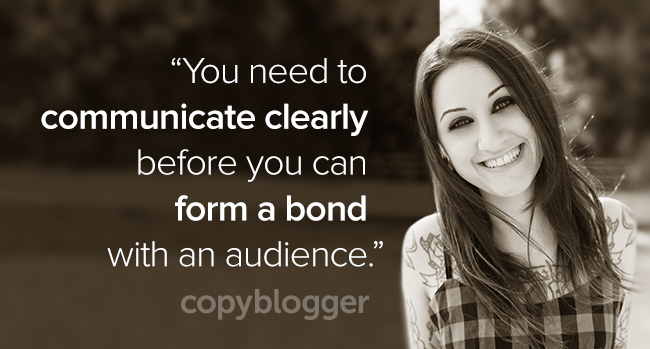I’d like you to take a trip back with me for a moment to first grade. Specifically, when I got my first report card during my first marking period in first grade.
Like both my mother and father before me, I received a certain comment in the miscellaneous section of my report card.
I got average to good marks in all the subjects I was learning at that time, along with this extra note …
Talks too much.
That’s fair enough. I didn’t understand that at certain times it was just more appropriate for me to shut my mouth. Now, in my adult life, I do understand the value of just shutting up.
I actually value listening more than talking now, and I often say there’s a time for talking and an equally — if not more important — time for listening.
Why we fear mistakes
In first grade, however, my teacher needed to communicate to me and my parents that I talked excessively.
She had every right to express that bit of criticism in hope that I would change my behavior. But it was a blemish on an otherwise strong report card.
It was a behavioral mistake I made, and the comment pointed out that it would be preferable if I talked less.
And so, at a very young age, we learn to fear mistakes. We fear the criticisms that mistakes evoke.
It’s understandable that you don’t want to be recognized for your errors.
I think the criticism on my report card would have been more constructive, positive, and motivational if it said something like, “Stefanie may have a future career in communications,” or “May host her own podcast as an adult.”
But at the time, it was just “talks too much” — a mistake. Don’t make them, otherwise someone is going to call you out.
Back to the present day
I’m an editorial director, and I need to approach a writer’s creation with care and high editorial standards.
The creative writer who just wants to express herself doesn’t want her text marked up and altered.
But, as an editor, I also argue that we must maintain a severe awareness of our creations, so we are continually positioned to revise and improve, for our own development as a person and as a creator.
When I edit a document — either my own or another writer’s work — it’s not about whether the text is wrong or “not good.”
I make a change because I see an opportunity to create a more accurate representation of the original idea or concept.
Through this mindset, I hope to remove the stigma of mistakes being “bad.” Mistakes are no big deal, because with the right outlook we have a chance to revise them.
If no one is noticing your content, it may simply be because no one understands your ideas. This is your opportunity to fine-tune them.
You need to communicate clearly before you can form a bond with an audience.
When you assume the mindset of an Editor-in-Chief, you take responsibility for all of the communication you put out into the world.
Become the Editor-in-Chief of your own digital business
Ann Handley, Chief Content Officer at MarketingProfs — who is also a speaker at Authority Rainmaker in Denver, Colorado this May — describes content as, “everything the light touches.”
That may sound like a broad notion.
Let’s break it down, because it’s actually extremely practical.
Here’s an assignment that focuses on email communication:
If you spend five more minutes on a email and that extra effort saves someone else five minutes, you’re using the content you produce to create a stronger bond with someone you communicate with.
And if you save him time because your communication is clear and concise, doesn’t waste his time, and helps him get an answer to a question he’s wondering about, then you become valuable to him.
The next time you draft an email, see if you can condense two sentences that say the same thing into one sentence — extracting the most valuable points from each and removing any repetitive words.
Can you be more specific with your word choice by removing a vague word and replacing it with a brief, but detailed, explanation?
You want to support the recipient of your email by providing guidance to the result that each of you want.
Move the conversation forward in a specific way by offering clear-cut ideas or remedies to a problem. Propose an exact solution to the issue at hand.
Becoming the Editor-in-Chief of your own digital business helps you build relationships because you deliver superior content no matter what you produce.
Your authority is reflected in everything you do. Those individual moments of superior communication — even when they happen in an inbox — contribute to breakthroughs later on.
15 essential editing tips for digital content creators
Browse the 15 essential editing tips below to discover more ways to incorporate the Editor-in-Chief model into the content you create for your digital business.

This article's comments are closed.